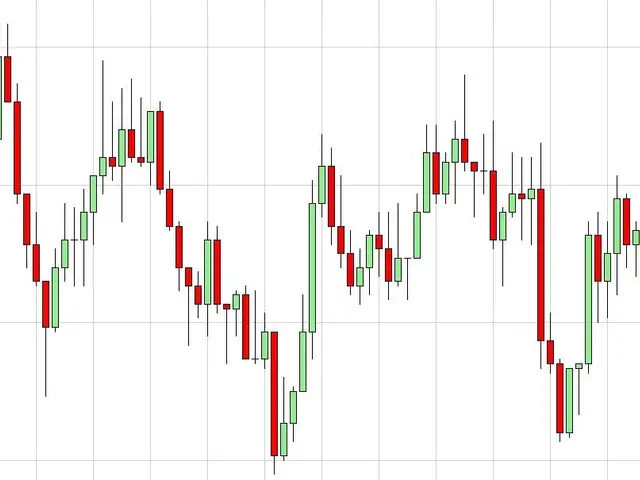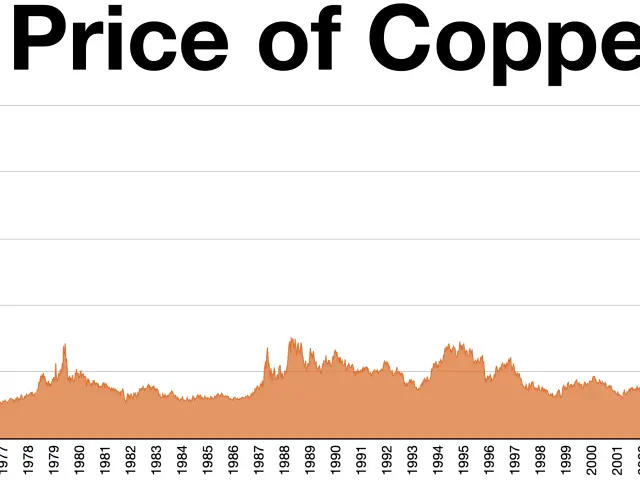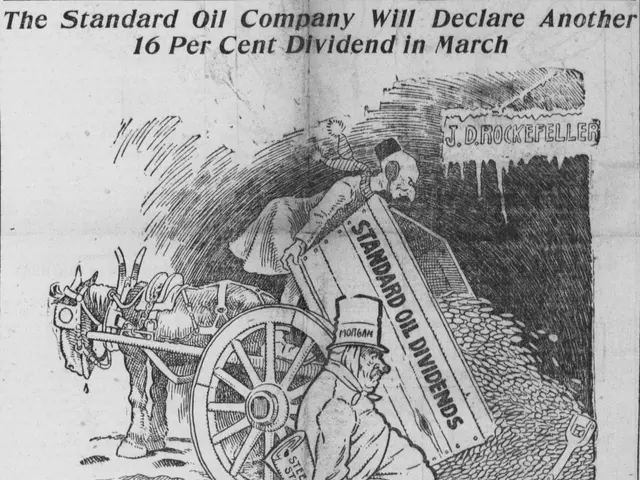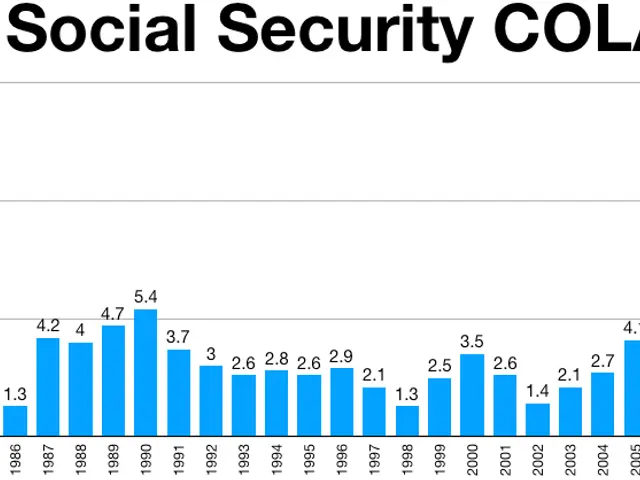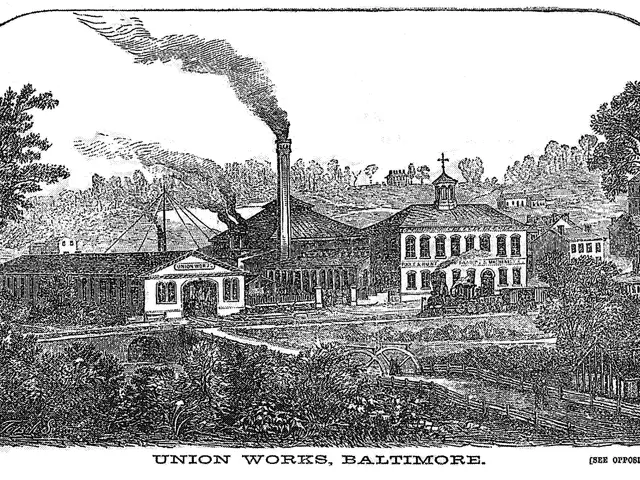Internet platform Autovista24 employs cookies for an enhanced user experience
In recent developments, US tariffs on automotive imports, particularly those targeting electric vehicles (EVs) and their components, have introduced new dynamics into the global EV production, trade, and market access landscape. While the specific impact on EVs remains unclear, a closer look at the broader automotive tariff landscape reveals the geopolitical mechanisms that shape global supply chains.
The US-Japan Trade Deal, brokered by President Trump, sets the import tariff on Japanese cars at 15%, comprising a new 12.5% tariff plus the preexisting 2.5% Most Favored Nation tariff. This move avoids a threatened 25% tariff that would have taken effect in August 2025. The Trump administration's broader strategy uses tariffs as leverage to encourage foreign automakers to invest in US manufacturing, arguing that higher costs for imports will incentivize "made in America" production.
Higher tariffs increase the cost of imported EVs, reducing their price competitiveness in the US market. For instance, a 15% or 25% tariff on Japanese cars would directly impact models like the Nissan Leaf or upcoming Toyota bZ lineup, making them more expensive compared to US-built alternatives like the Chevrolet Bolt or Tesla models.
The tariff environment has accelerated announcements of new EV manufacturing investments in the US by both domestic and foreign automakers, as companies seek to avoid import duties and capitalize on US tax credits for domestically produced EVs, such as under the Inflation Reduction Act. This trend supports the view that tariffs are accelerating the localization of EV supply chains.
Countries affected by US tariffs may respond with their own trade barriers or incentives, potentially fragmenting the global EV market. For example, the EU or China could increase support for their domestic EV industries or impose reciprocal tariffs, altering global production and export forecasts.
While tariffs may stimulate US manufacturing, they could also limit consumer choice and slow EV adoption by keeping affordable imported models out of the market. This is particularly relevant as many affordable EVs (e.g., Hyundai, Kia, or Chinese brands like BYD) are built overseas.
Looking ahead, higher tariffs could delay EV market penetration in the US by raising prices and limiting the availability of competitively priced imported models. Over time, tariffs may lead to more EV production capacity in the US, which could eventually lower costs through economies of scale and increased competition. However, if tariff wars escalate, automakers may need to build redundant production lines in multiple regions, increasing costs industry-wide and potentially slowing the global rollout of new EV technologies.
Detailed, EV-specific data on the effects of tariffs is not present in the current search results. Future developments in tariff policy—especially regarding critical minerals and batteries—will be critical to watch for a clearer picture of their impact on global EV forecasts.
- The US tariffs on automotive imports, including electric vehicles (EVs) and their components, are influencing the global EV production, trade, and market access landscape.
- The US-Japan Trade Deal establishes a 15% tariff on Japanese cars, with the potential to escalate to 25% in 2025 if not addressed.
- Higher tariffs could reduce the price competitiveness of imported EVs, as demonstrated by increased costs for models like the Nissan Leaf or upcoming Toyota bZ lineup, compared to US-built alternatives.
- The tariff environment has led to increased announcements of new EV manufacturing investments in the US by both domestic and foreign automakers, seeking to avoid import duties and capitalize on US tax credits.
- Countries affected by US tariffs may respond with their own trade barriers or incentives, potentially fragmenting the global EV market and altering production and export forecasts.
- If tariff wars escalate, automakers may need to build redundant production lines in multiple regions, increasing costs industry-wide and potentially slowing the global rollout of new EV technologies. Detailed, EV-specific data on the effects of tariffs is limited in current search results.

